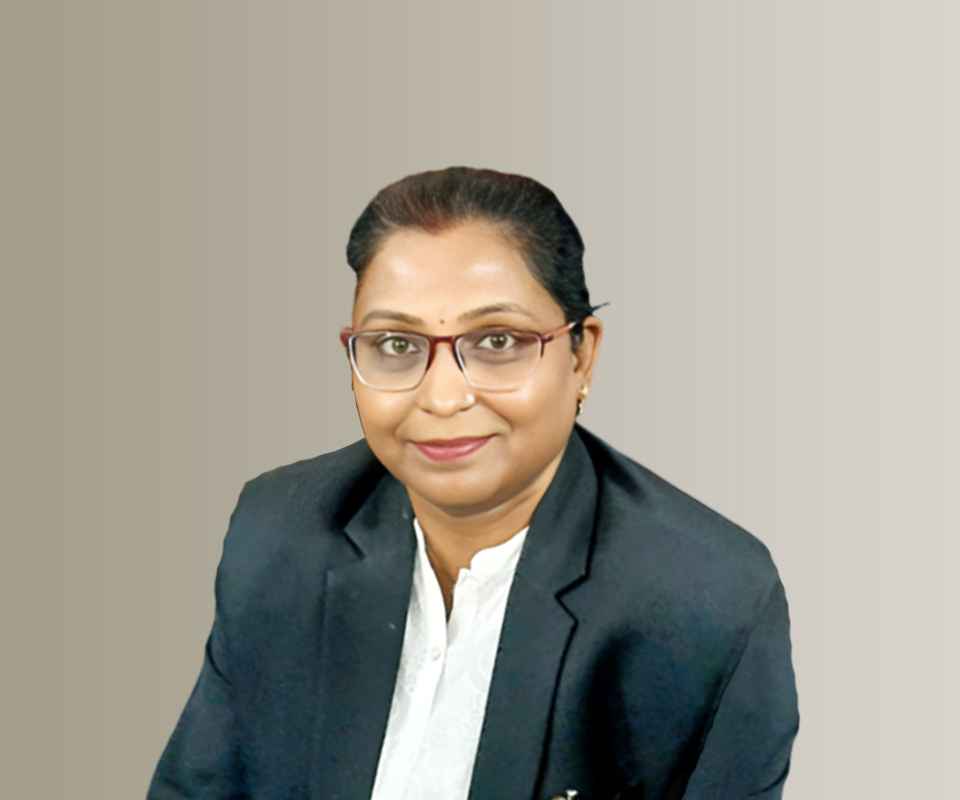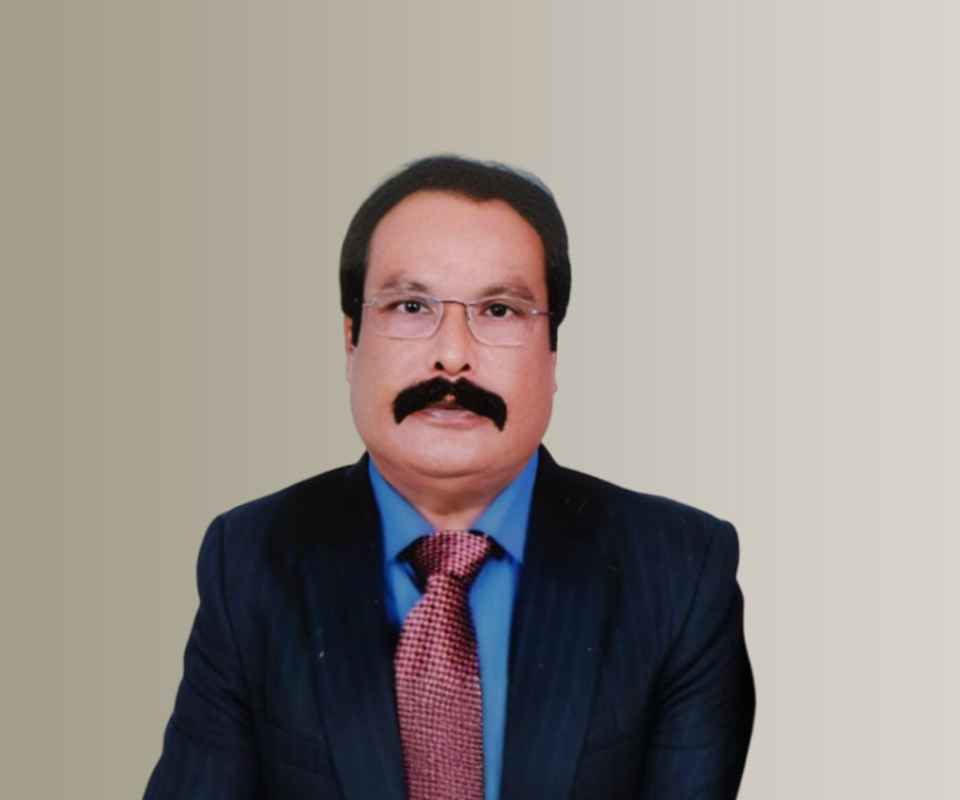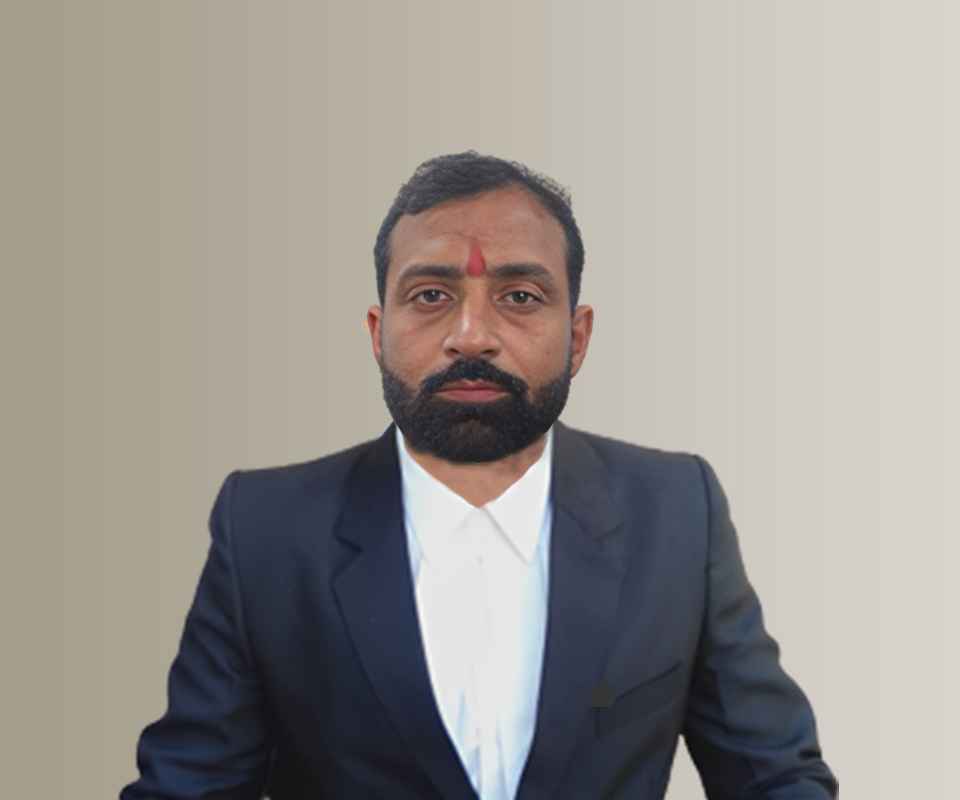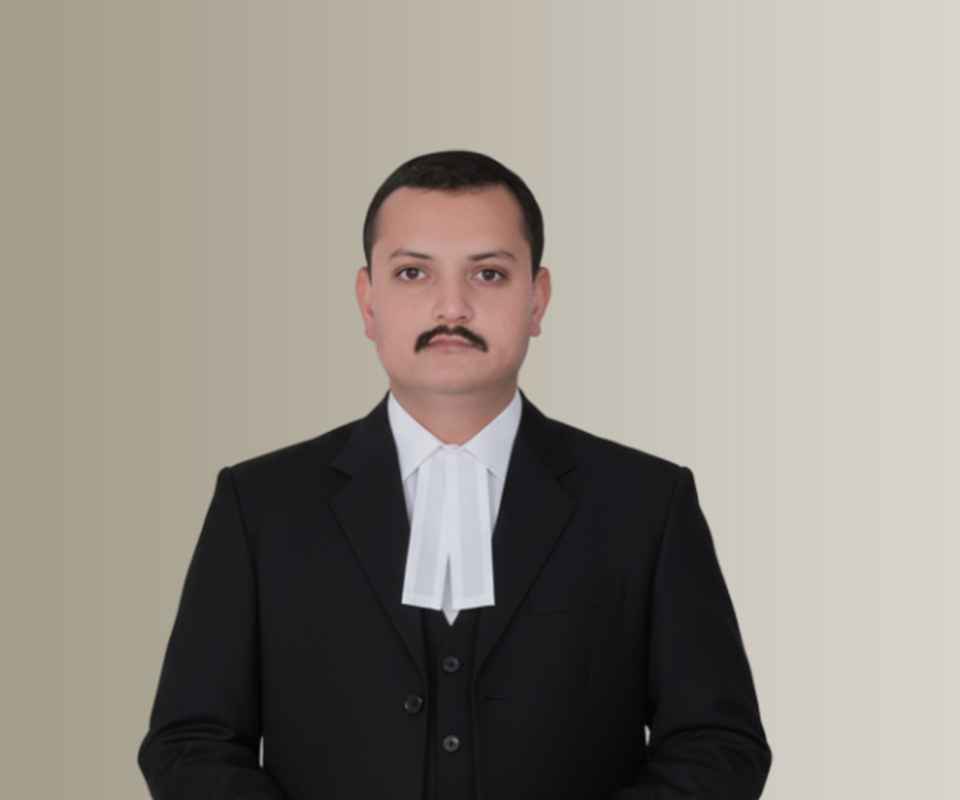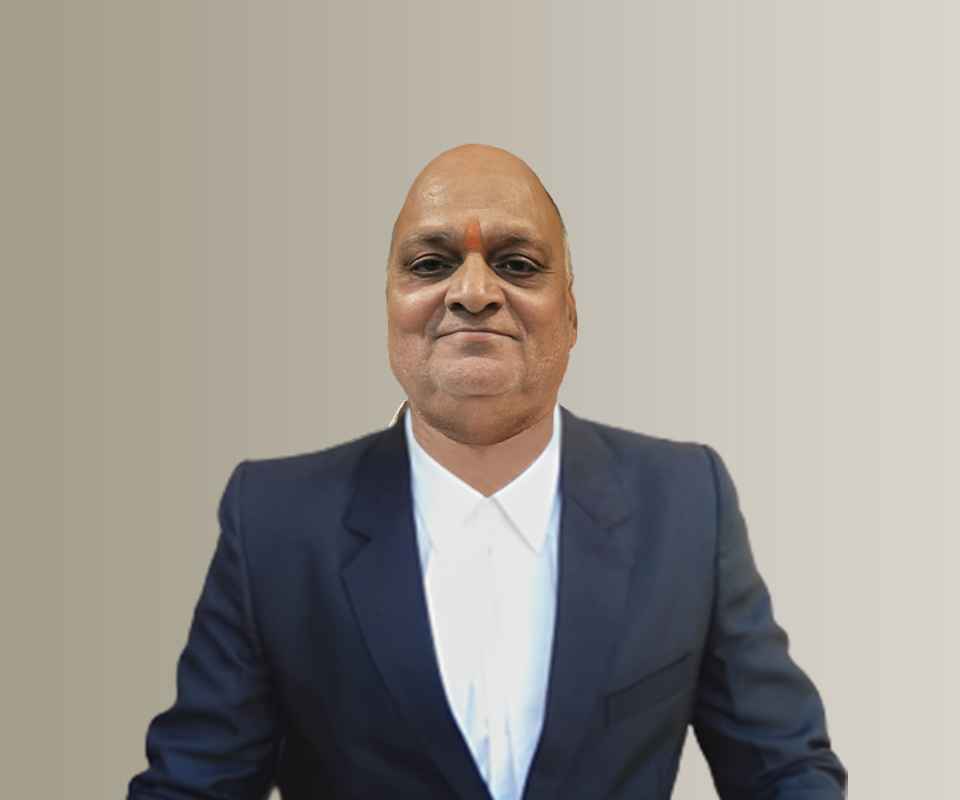Answer By law4u team
Yes, a common person can directly approach the Supreme Court of India under specific circumstances. The Constitution of India provides certain extraordinary powers to the Supreme Court to ensure justice, especially when fundamental rights are violated. Here are the key ways in which a common citizen can approach the Supreme Court directly: 1. Under Article 32 – For Enforcement of Fundamental Rights Article 32 of the Constitution allows any person to move the Supreme Court directly if their fundamental rights (such as right to life, freedom of speech, equality, etc.) are violated. It is considered the “heart and soul” of the Constitution (as described by Dr. B.R. Ambedkar). A writ petition (like habeas corpus, mandamus, prohibition, certiorari, or quo warranto) can be filed for this purpose. This provision applies to citizens as well as non-citizens, depending on the right violated. 2. Public Interest Litigation (PIL) Even if a person is not directly affected, they can approach the Supreme Court through a Public Interest Litigation (PIL) to protect the rights of others or for a public cause. PILs can be filed for environmental issues, human rights violations, bonded labor, women’s safety, and other matters of public concern. PIL can be filed by any public-spirited person or group. Even a letter addressed to the Supreme Court can sometimes be treated as a PIL. 3. Special Leave Petition (SLP) under Article 136 A person can file a Special Leave Petition (SLP) before the Supreme Court against any judgment of a lower court or tribunal. This is a discretionary power of the Supreme Court. It is not a matter of right but can be granted in exceptional circumstances involving grave injustice or legal questions. 4. Appeals in Constitutional or Criminal Matters In some cases, if a High Court has certified that a case involves a substantial question of law or constitutional interpretation, a direct appeal to the Supreme Court can be made. Important Note: Filing a case in the Supreme Court requires proper legal drafting and procedure, so although a common person can approach it, legal assistance is often needed. There are court fees and documentation requirements, though in PILs or fundamental rights cases, these are sometimes relaxed. Conclusion: Yes, a common person can directly approach the Supreme Court of India, especially in cases of violation of fundamental rights, or through Public Interest Litigations. The Constitution ensures this access to protect justice and uphold the rights of individuals.
